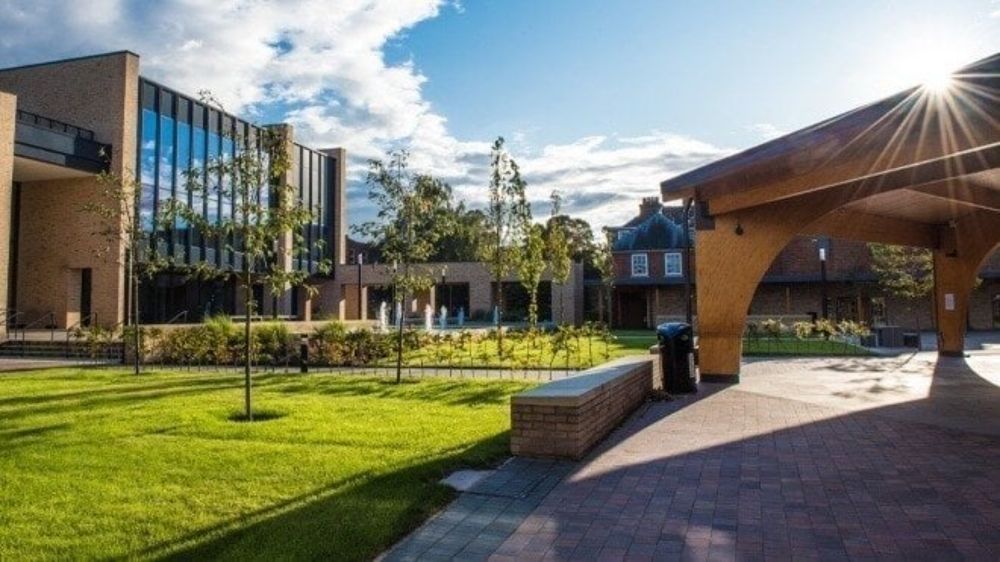

c.org/NL9ypHX7NY

c.org/NL9ypHX7NY
#AppsPlantSci invites proposals for “Beyond #phylogenomics: Innovative applications of target capture data,” led by @emcassey.bsky.social, @erikarmoore11.bsky.social, Mafe Torres Jimenez & @yannickwoudstra.bsky.social
Deadline 30 Nov 2025
botany.org/home/publica...

#AppsPlantSci invites proposals for “Beyond #phylogenomics: Innovative applications of target capture data,” led by @emcassey.bsky.social, @erikarmoore11.bsky.social, Mafe Torres Jimenez & @yannickwoudstra.bsky.social
Deadline 30 Nov 2025
botany.org/home/publica...











